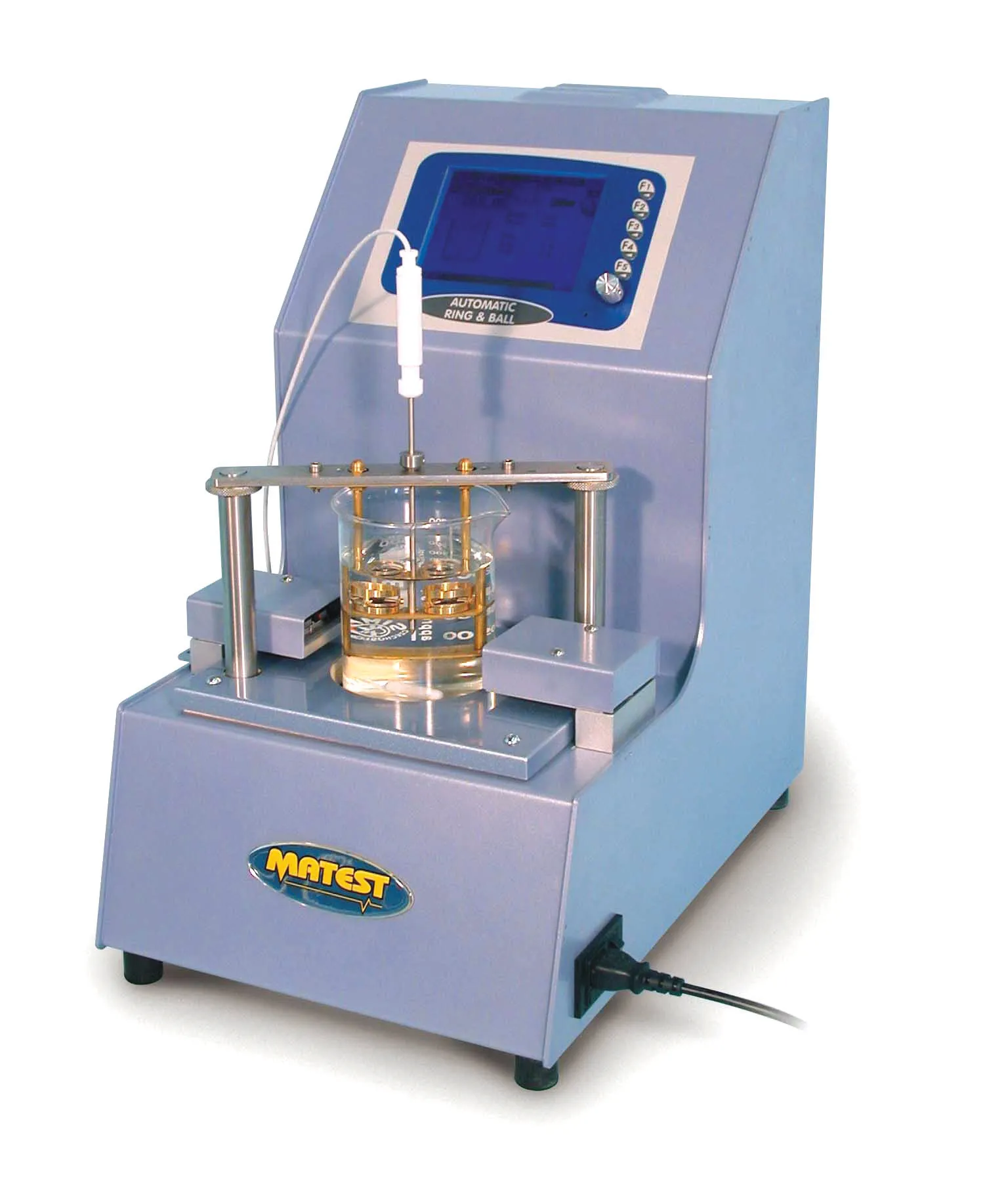The US Association of Equipment Manufacturers (AEM) is warning equipment users that new, low sulphur fuels feature a greater risk of ignition by static electricity ignition. These ultra-low sulphur diesel (ULSD) fuels are required for use with the latest generation low emission diesel engines designed to meet Tier 4 Interim/Stage IIIB emission requirements. With this in mind, the AEM is now providing a new best practices guidance bulletin. This publication highlights the fact that removing sulphur and other
June 13, 2013
Read time: 2 mins
The US 1100 Association of Equipment Manufacturers (AEM) is warning equipment users that new, low sulphur fuels feature a greater risk of ignition by static electricity ignition. These ultra-low sulphur diesel (ULSD) fuels are required for use with the latest generation low emission diesel engines designed to meet Tier 4 Interim/Stage IIIB emission requirements. With this in mind, the AEM is now providing a new best practices guidance bulletin. This publication highlights the fact that removing sulphur and other compounds from ULSD fuel decreases its conductivity and increases its ability to store static charge. “Static electricity discharge when combustible vapours are present could result in a fire or explosion,” according to the bulletin.
All off-highway diesel-powered machines in the US are now using this new formulation of ULSD and there may be a greater risk of static electricity ignition if their refuelling systems are not properly functioning or maintained. Similar ULSD fuels are also being used in Europe as well as Japan, where exhaust emission restrictions have also resulted in the introduction of new generation, low emission diesel engines. The AEM bulletin urges industry workers to consult with fuel suppliers to ensure delivery systems are in compliance with fuelling standards. And this bulletin also contains information of relevance to machine users in the EC and Japan.
“About 90% of off-road equipment is run on diesel and at one time the fuel had upwards of 5000ppm sulphur content compared with 15ppm today,” stated Mike Weber, AEM technical and safety services manager. “ULSD is now required for on-highway and off-highway applications in the North American market and we need to educate users who may be unaware of the changes in the physical properties of ULSD and the potential for harm during refuelling.”
All off-highway diesel-powered machines in the US are now using this new formulation of ULSD and there may be a greater risk of static electricity ignition if their refuelling systems are not properly functioning or maintained. Similar ULSD fuels are also being used in Europe as well as Japan, where exhaust emission restrictions have also resulted in the introduction of new generation, low emission diesel engines. The AEM bulletin urges industry workers to consult with fuel suppliers to ensure delivery systems are in compliance with fuelling standards. And this bulletin also contains information of relevance to machine users in the EC and Japan.
“About 90% of off-road equipment is run on diesel and at one time the fuel had upwards of 5000ppm sulphur content compared with 15ppm today,” stated Mike Weber, AEM technical and safety services manager. “ULSD is now required for on-highway and off-highway applications in the North American market and we need to educate users who may be unaware of the changes in the physical properties of ULSD and the potential for harm during refuelling.”









